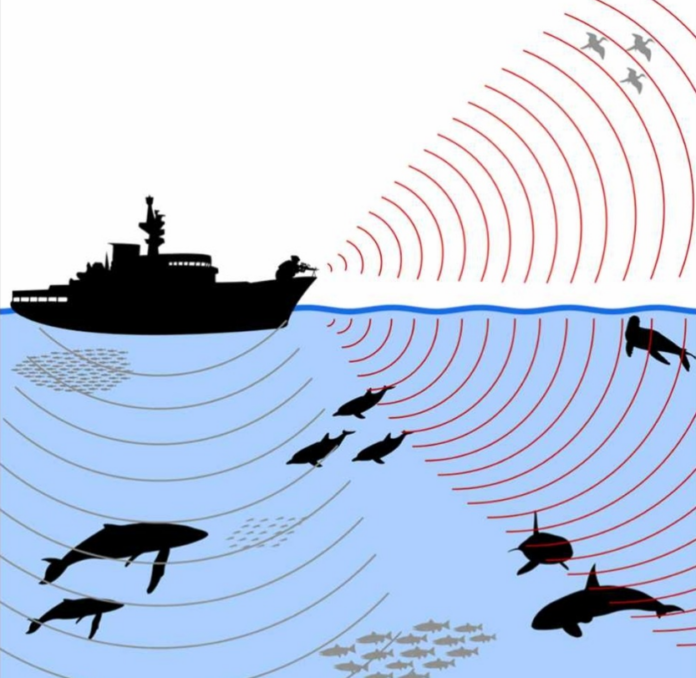Canadian Armed Forces are taking the right steps to protect coastal wildlife but more needs to be done, researchers say.
In 2019, the military stopped using a section of ocean between Port Renfrew and Sooke for on-the-water small arms training. During the pause researchers investigated the effects of gunfire noise on marine mammals, including endangered southern resident killer whales. They found the effects were negligible.
Training has resumed, prompting some concerns, but an independent review of the military’s report compliments the armed forces for applying the precautionary principle.
“DND (Department of National Defence) halting military activities while commissioning a third-party investigation into the impacts of noise pollution and implementing mitigation strategies represents a rare application of several components of the precautionary principle, most notably that the burden of proof is the responsibility of the proponents of the activity and the exploration of a range of alternatives to harmful actions,” the researchers say. “We consider the significance of this approach given the absence of Canadian federal noise regulations, the common exemption of military activities from environmental legislation, the pending development of Canada’s first Ocean Noise Strategy, and ongoing global dialogue on the need to balance industrial activity with environmental stewardship.”
The review, scheduled for publication in the Marine Policy journal in February, has some reservations, pointing out the military report does not consider underwater noise from boats or the effects on other wildlife, such as birds.






